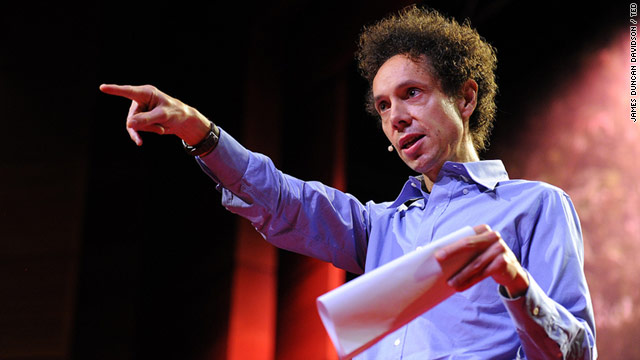I’m reading Malcolm Gladwell’s new collection, What the Dog Saw, and just had to stop to comment.
It’s no wonder this guy’s books seem to defy the laws of gravity, hovering at the top of the New York Times hardcover nonfiction bestseller lists for dozens of months on end without visible means of support. The man can write.
It isn’t just his unconventional choice of topic; it isn’t just his fascinating conclusions; and it isn’t even just the way he weaves puzzles and draws out his mysteries, holding the crucial revelations and answers to the very end, like a great detective story.
It’s the way he uses words to paints pictures: the writing offers food for the ear, eye and palate, and not just the brain.
In “The Ketchup Conundrum,” his dicussion of why there are many varieties of mustard but very few of ketchup, he introduces a character with the undistinguished name of Andrew Smith. This man’s claim to fame is that he knows a great deal about ketchup, hardly what one would think of as the most memorable trait — but look at what he does:
“The world’s leading expert on ketchup’s early years is Andrew F. Smith, a substantial man, well over six feet, with a graying mustache and short wavy black hair.”
What does his physical description have to do with his expertise on ketchup? Nothing whatsoever. But it sure makes the whole passage that follows easier to grasp, enjoy and remember.
Later, in “Blowing Up,” his essay on financial forecasting, while discussing three workers at a little financial firm that specializes in options trading, he describes them this way:
“Taleb was up at a whiteboard by the door, his marker squeaking furiously as he scribbled possible solutions. Spitznagel and Pallop looked on intently. Spitznagel is a blond and from the Midwest and does yoga: in contrast to Taleb, he exudes a certain laconic levelheadedness. In a bar, Taleb would pick a fight. Spitznagel would break it up.”
Did he actually see these guys at a bar? Of course not. He’s visiting their office, not going out and carousing with them: but what a great image. And why does Taleb’s marker squeak “furiously”? (Why not just “noisily”?) And why even mention his marker? Does a furiously squeaking marker offer a window into Taleb’s personality, or at least, his mood at the time? (Cf. previous comment about bar fights.)
And by the way, did you notice the alliteration in “squeaking furiously as he scribbled possible solutions” and “Spitznagel is blond … a laconic levelheadedness”? The bar-fight-starter is all sibilants, and and the bar-fight-stopper is all retroflex “l” sounds.
The passage continues:
“Pallop is of Thai extraction and is doing a PhD in financial mathematics at Princeton. He has longish black hair and a slightly quizzical air. ‘Pallop is very lazy,’ Taleb will remark, to no one in particular, several times over the course of the day, although this is said with such affection that it suggests that laziness, in the Talebian nomenclature, is a synonym for genius.”
This is the reason The Tipping Point, Blink and Outliers have been such enormously popular bestsellers: he makes his people come to life on the page.
He doesn’t just tell you about a subject: he makes a movie of it.


Delightful post, thanks for sharing your reading joys and insights.